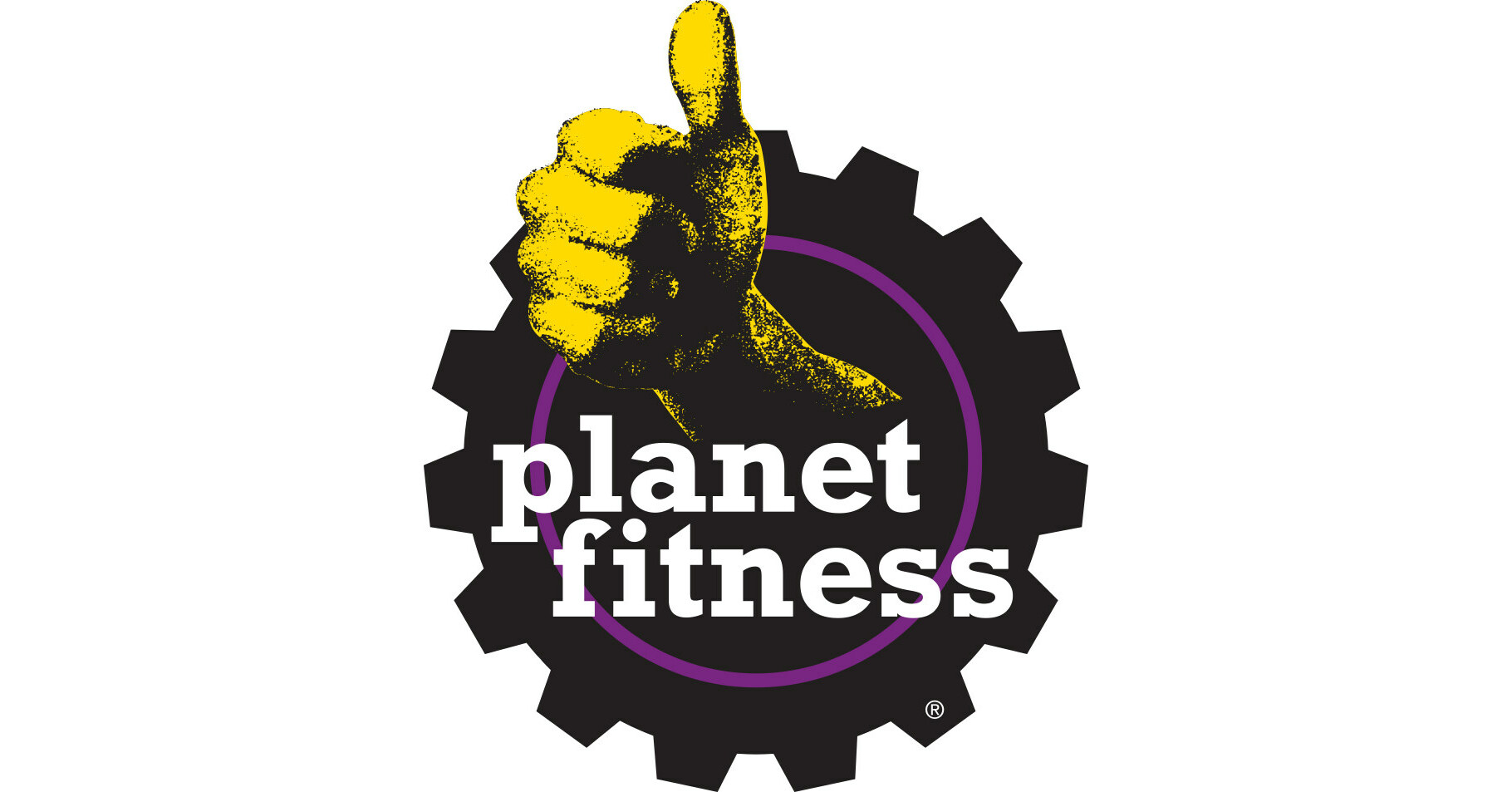Fitness
YouTube will limit fitness recommendations to teens

Teenagers across Europe will begin to notice a change in their YouTube recommendations, as the app will limit access to videos that promote unhealthy habits and “idealise” certain body types.
YouTube will limit fitness recommendations to teens
Hundreds of fitness content creators have been profiting from posting on YouTube and gaining subscribers through the app´s algorithm, which recommends similar videos to those from the viewer´s history. As viewers fall into feedback loops of similar content, many end up on the wrong side of YouTube, where extreme videos may threaten viewers´ mental and physical health despite claiming to be fitness.
Last year, YouTube imposed new restrictions for teenage viewers in the US, under the guidance of its youth and family advisory committee, which will now expand to Europe, to prevent young people from forming “negative beliefs about themselves,” as said in a public statement by the head of YouTube Health Dr Garth Graham and YouTube Youth director James Beser.
The statement highlighted that YouTube will now limit repeated recommendations of content that idealises particular body types and fitness levels, compares physical features, or shows intimidation and fighting, reporting that while it “may be innocuous as a single video,” it “could be problematic for some teens if viewed repetitively.”
YouTube disclosed their collaboration with organisations in France and Germany to develop the update, especially targeting vulnerable teenagers. With the new policy, YouTube will also redirect people to crisis hotlines when they search for things related to suicide, self-harm, and eating disorders.
While content creators may face a drop in views, the restrictions could keep thousands of teens across the world safe from developing mental and physical illnesses.
Fitness and body image on YouTube affect teens
Fed thousands of images of edited bodies each day, social media can lead to body dysmorphia, eating disorders, and mental health issues, according to a major review of 50 studies from 17 countries published last year. Especially affecting women, young girls, overweight people, and those with mental illnesses, a 2021 study also found that a vast number of fitness YouTubers promote unhealthy behaviours and spark alarming online communities.
A 2023 study by the National Institute of Health similarly found that using social media places people at “risk for the development of eating disorders.” YouTube´s advisory committee also reported that “teens are more likely than adults to form negative beliefs about themselves when seeing repeated messages about ideal standards.”
Clinician and member of YouTube´s Youth and Families Advisory Committee Allison Briscoe-Smith shared; “A higher frequency of content that idealizes unhealthy standards or behaviours can emphasize potentially problematic messages – and those messages can impact how some teens see themselves.”
Fitness and body positivity in teens; sides of YouTube
With the overwhelming variety of content that social media has to offer, teenagers are at risk of being exposed to damaging influence but also have the benefit of seeing diversity in bodies, lifestyles, and nutrition. If following health experts and researching body-positive communities, teens can find a supportive environment and benefit from healthy advice.
Find out what´s happening in Europe today.









